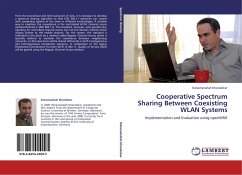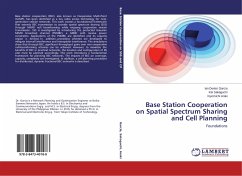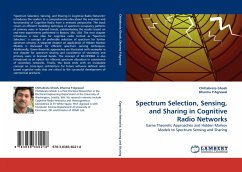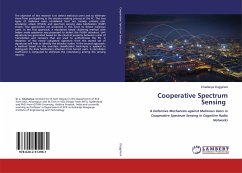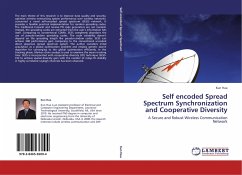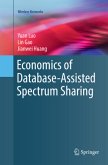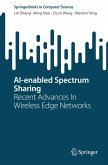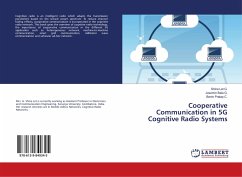From the economical and technical point of view, it is necessary to develop a spectrum sharing algorithm so that IEEE 802.11 networks can coexist with competing systems of the same or different technologies. A suitable way to maintain the coexistence is the centralized HCCA channel access method defined in IEEE 802.11e. This standard, however, only specifies the signaling for centralized channel access, but not the decision scheme which assigns airtime to the mobile stations. For this reason, the standard is extended in this book by a method called Regular Channel Access which is specially tailored to maintain the coexistence between neighboring networks, so that spectrum will be shared efficiently in both homogeneous and heterogeneous coexistence scenarios. In comparison to the legacy Distributed Coordination Function (DCF) of 802.11, Quality of Service (QoS) will be gained using the Regular Channel Access method
Bitte wählen Sie Ihr Anliegen aus.
Rechnungen
Retourenschein anfordern
Bestellstatus
Storno

